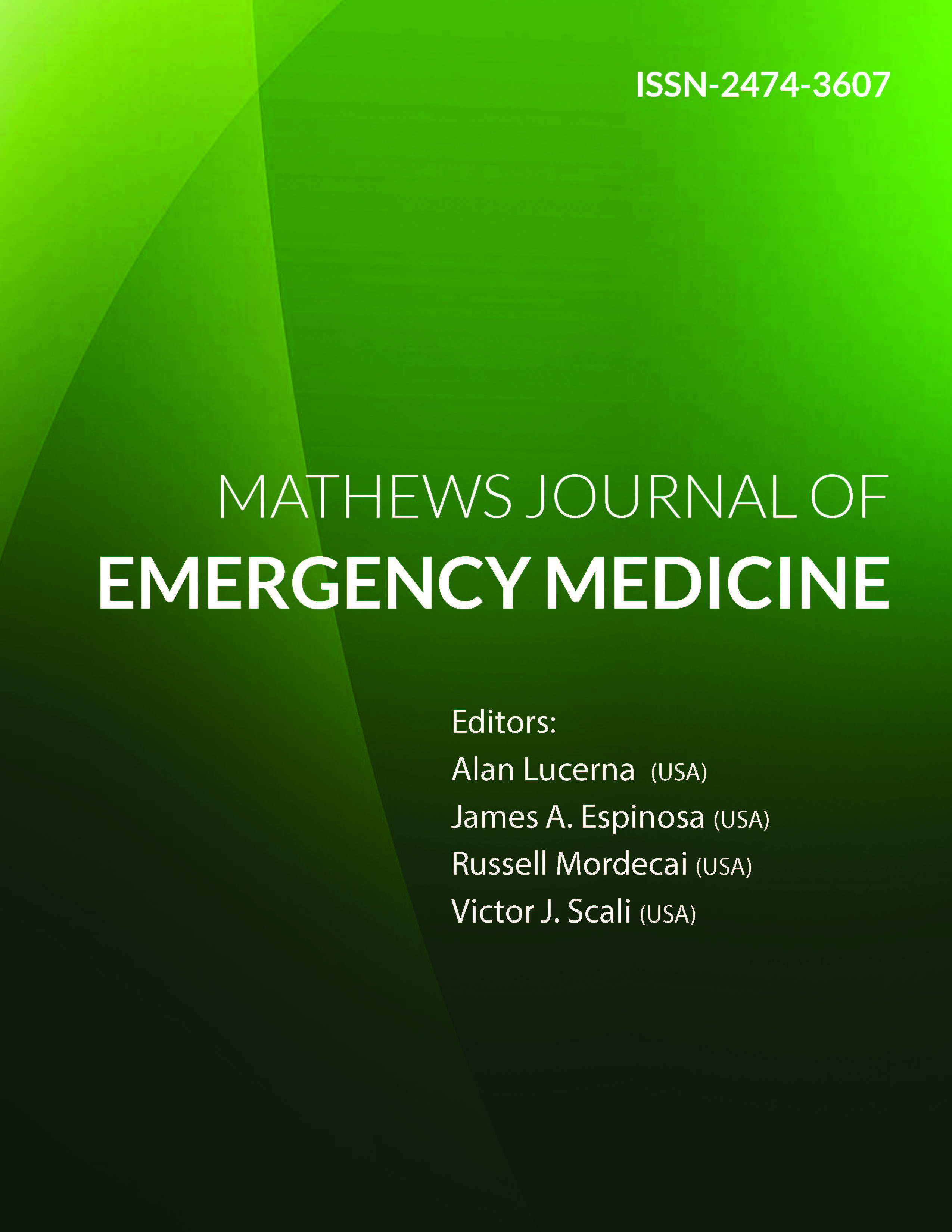
Types of articles
Mathews Open Access Journals committed to publish quality and valuable scientific contributions like Original Article, Review Articles, Mini-reviews, Case report, Editorial, Commentary, Letter to the Editor, and Opinion articles.
Format of articles
In most of the cases, we do not impose strict limits on word count or page number. Yet, we strongly recommend that you write concisely and stick to the following instructions:
Manuscript Preparation
Title Page
Title page should contain title, running title, author affiliations, and contact information by differentiating the corresponding author with an asterisk. Also should include word count, number of tables and figures, sources of support, source of funding, any disclaimers, and conflict of interest declarations.
Abstract
The abstract is mandatory for original research, review article, short reviews, and case reports. It should contain the background of the study, should state the study's purpose, basic procedures, main findings, and principal conclusions. It is advised to highlight the novel and significant aspects of the study.
Keywords
Three to six key words are mandatory that should explain the research.
Abbreviations
All the abbreviations that are used in the article should be listed.
Introduction
The introduction should provide the background and purpose of the study. It should state the research objectives, hypothesis of the study or the observation. The content in the introduction should be cited properly using more recent references. Avoid providing unrelated information.
Materials and Methods
This section should contain adequate and detailed information of all the procedures and steps. It can be divided into subsections if several methods are described. Standard protocols should be credited with appropriate references.
Results
A clear presentation of experimental results obtained, highlighting any trends or points of interest. The results presented in tables and figures should be placed in close proximity to the text describing them in order to improve the accessibility of the data. The results should not be repeated in both tables and figures.
Discussion
The discussion should relate to the significance of the observations. Briefly summarizing the main findings, then explore possible mechanisms or explanations for these findings, compare and contrast the results with other relevant studies, state the limitations of the study, and explore the implications of the findings for future research and for clinical practice.
Conclusion
It should be crisp and clear with a logical conclusion, interpretation and data generation from the experimental study.
References (limited to 60 references, though not strictly enforced)
References should follow the standards summarized in the NLM's International Committee of Medical Journal Editors (ICMJE) Recommendations. All references cited in the text must be included in the reference list and vice versa. All references must be numbered consecutively and citations of references in text should be identified using numbers in square brackets (e.g., “as discussed by Smith A, et al. [9]”; “as discussed elsewhere [9, 10]”). All references should be cited within the text; otherwise, these references will be automatically removed.
Acknowledgements (optional)
Author contributions (names must be given as initials)
Additional Information (including a Competing Interests Statement)
Figure legends (these are limited to 350 words per figure)
Tables (maximum size of one page)
Cover letter
In the cover letter, one must include:
Published : 07th November 2024
Author : Iqbal Akhtar Khan*
Citation : Khan IA. (2024). Systemic Corticotherapy for Acute Exacerbation of Chronic Obstructive Pulmonary Disease: What is New? / What is Important? Mathews J Emergency Med. 9(1):68.
Published : 18th September 2024
Authors : Jidhin Davis1,*, Binoy Xavier2
Citation : Davis J, et al. (2024). Masking Masquerade: When Liver and Pelvis Hide a Silent Killer. Mathews J Emergency Med. 9(1):69.
Published : 04th December 2023
Authors : Iqbal Akhtar Khan*
Citation : Khan IA. (2023). Human-to-Human Solid Organs’ Transplantation: A Fascinating Tale of Creativity and Determination. Mathews J Emergency Med. 8(5):67.
Published : 07th November 2023
Authors : Fatimah Lateef1,2,3,*
Citation : Lateef F. (2023). How In Situ Simulation can Facilitate Implementation Science Interventions for Formalisation of an Emergency Neonatal Obstetric Code (ENOC). Mathews J Emergency Med. 8(5):66.
Published : 15th July 2023
Authors : Gabriel Meister1, James Espinosa2,*, Alan Lucerna3
Citation : Meister G, Espinosa J, Lucerna A. (2023). Case Report: Facial Mask Induced Acne ("Maskne"). Mathews J Emergency Med. 8(5):65.
Published : 13th July 2023
Authors : James Espinosa1,*, Eric Maddock1, Duwayne Campbell1, Alan Lucerna2, Henry Schuitema3
Citation : Espinosa J, Maddock E, Campbell D, Lucerna A, Schuitema H. (2023). Case Report: Ocular Capsaicin Exposure with Chemosis from Jalapeño Peppers. Mathews J Emergency Med. 8(4):63.